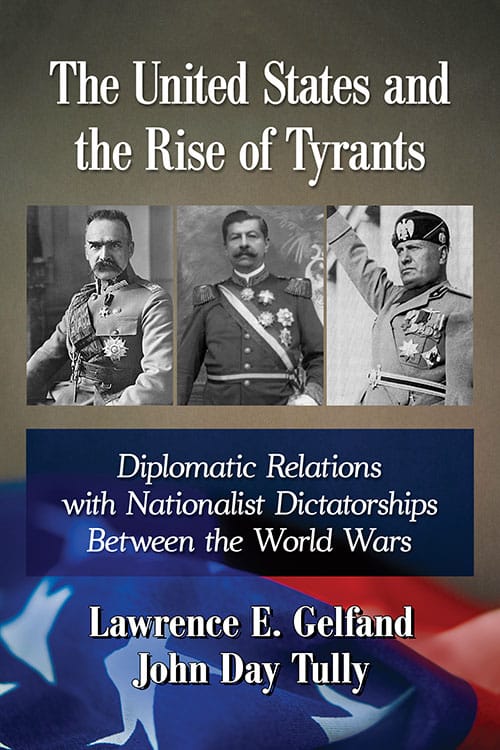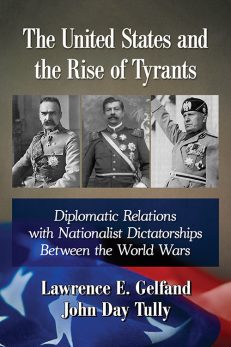The United States and the Rise of Tyrants
Diplomatic Relations with Nationalist Dictatorships Between the World Wars
Original price was: $39.95.$19.99Current price is: $19.99.
In stock
About the Book
Nationalist dictatorships proliferated around the world during the interwar years of the 1920s and 1930s. Policymakers in Washington, D.C., reasoning that non-Communist regimes were not necessarily a threat to democracy or national interests, found it expedient to support them. People living under these governments associated the United States with their oppressors, with long-term negative consequences for U.S. policy.
American policymakers were primarily concerned with fostering stability in these countries. The dictatorships, eager to maintain political order and create economic growth, looked to American corporations and bankers, whose heavy investments cemented the need to support the regimes. Through an examination of consular records in nine countries, the author describes the logistics and consequences of these relationships.
About the Author(s)
Bibliographic Details
Lawrence E. Gelfand
John Day Tully
Format: softcover (6 x 9)
Pages: 217
Bibliographic Info: 9 photos, notes, bibliography, index
Copyright Date: 2019
pISBN: 978-0-7864-7692-3
eISBN: 978-1-4766-3293-3
Imprint: McFarland
Table of Contents
Preface 1
Introduction 5
1. Juan Vicente Gómez of Venezuela, 1908–1935 17
2. Augusto B. Leguia of Peru, 1919–1930 44
3. Jorge Ubico of Guatemala, 1931–1944 73
4. Antonio de Oliveira Salazar of Portugal, 1910–1930 84
5. Benito Mussolini of Italy, 1922–1929 98
6. Ioannis Metaxas of Greece, 1920–1938 116
7. Mustafa Kemal Atatürk of Turkey, 1914–1938 130
8. Josef Pilsudski of Poland, 1919–1935 150
9. Adolf Hitler of Germany, 1918–1933 162
Conclusion 172
Chapter Notes 177
Bibliography 199
Index 203





